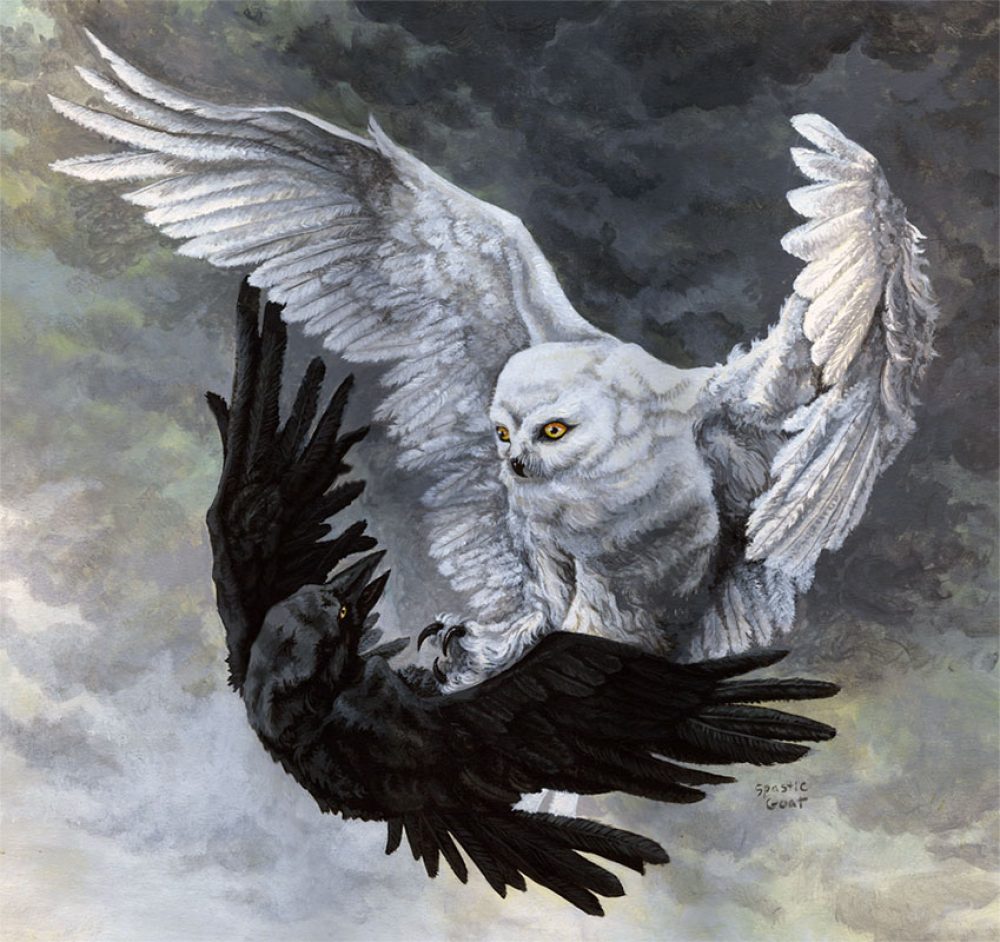“According to Manusmiriti, there are six policies of dealing with such an issue – Sandhi (peace treaty), Vigraha (war), Yaana (preparation for war), Asana (neutrality), Samsraya (forming alliances) and Dvaidhibhava (double-dealing or pretending to be friendly). So please discuss among yourselves and let us reach a consensus on how we are going to tackle this situation.”

The ministers agreed, and one of them stepped forward and said…
अपृष्टेनापि वक्तव्यं सचिवेनात्र किंचन ।
पृष्टेन तु विशेषेण वाच्यं पथ्यं महीपतेः ॥ ४ ॥
apṛṣṭenāpi vaktavyaṃ sacivenātra kiṃcana |
pṛṣṭena tu viśeṣeṇa vācyaṃ pathyaṃ mahīpateḥ || 4 ||
In such a serious situation, a minister should offer advice even when he is not consulted. And when consulted, he should advise of the right course of action, that is beneficial to the king, and the state.
यो न पृष्टो हितं ब्रूते परिणामे सुखावहम् ।
मन्त्रो न प्रिय-वक्ता च केवलं स रिपुः स्मृतम् ॥ ५ ॥
yo na pṛṣṭo hitaṃ brūte pariṇāme sukhāvaham |
mantro na priya-vaktā ca kevalaṃ sa ripuḥ smṛtam || 5 ||
A minister who does not give the right advice even when asked by the king, is considered an enemy, how much ever a sweet talker he may be.
“We recommend that you consult each minister in private, so that a proper course of action can be arrived at and we can tackle the problem of the wicked owls killing our people”, he concluded.
MeghaVarna agreed, and selected five ministers to speak with in private. They were Ujjeevin (the one who flies high) , Sanjeevin (the one who flies together), Anujeevin (the one who flies backwards), Prajeevin (the one who flies forwards) and Chiranjeevin (the one who lives forever). These five ministers were his most trusted, and had served the king’s family for generations. MeghaVarna requested the rest of the council to disperse, as he walked into his chambers, with Ujjeevin, for a private discussion.
“Tell me, respected Ujjeevin”, said MeghaVarna, as they settled in, “what is your recommended course of action?”
Ujjeevin joined his palms in reverence, bowed to the king, and replied “My dear king, we should not fight a stronger enemy, one that is very strong and also attacks us at the right time. And so Sandhi (alliance) is the way forward. It is the only way through which we can save ourselves.
It is said…
बलीयसि प्रणमतां काले प्रहरताम् अपि ।
सम्पदो नावगच्छन्ति प्रतीपम् इव निम्नगाः ॥ ७ ॥
balīyasi praṇamatāṃ kāle praharatām api |
sampado nāvagacchanti pratīpam iva nimnagāḥ || 7 ||
Just like a river does not flow in the opposite direction, prosperity never leaves a king who acts humble in front of a stronger enemy, but attacks him at an opportune time.
सत्याढ्यो धार्मिकश् चार्यो भ्रातृ-सङ्घातवान् बली ।
अनेक-विजयी चैव सन्धेयः स रिपुर् भवेत् ॥ ८ ॥
satyāḍhyo dhārmikaś cāryo bhrātṛ-saṅghātavān balī |
aneka-vijayī caiva sandheyaḥ sa ripur bhavet || 8 ||
An enemy who is righteous, principled, rich, who has ample support from his huge family, and who has won many battles, can only be won over by having an alliance with him.
सन्धिः कार्यो ऽप्य् अनार्येण विज्ञाय प्राण-संशयम् ।
प्राणैः संरक्षितैः सर्वं यतो भवति रक्षितम् ॥ ९ ॥
sandhiḥ kāryo ‘py anāryeṇa vijñāya prāṇa-saṃśayam |
prāṇaiḥ saṃrakṣitaiḥ sarvaṃ yato bhavati rakṣitam || 9 ||
In the event of danger to a king’s life, he should enter into an alliance with even a wicked enemy. If the king is safe, the kingdom also remains safe.
That owl has always won when fighting us, and hence fighting him again is futile. We should seek an alliance with him…
to be continued…
For people who are not very interested in politics, the above slokas may seem a bit dry to read. After all, in today’s day and age, you seldom have an arch enemy or a nemesis (unless you are Batman), and one generally does not go about solving existential issues in the real world….or don’t you?
For a while, forget that you are reading a tale of enmity between crows and owls. Think of your workplace. Relationships between superiors and subordinates, different departments, shareholders and directors, peers and competitors…you have shades of good and bad in almost all these interpersonal relationships.
And so all you have to do is replace the ‘king’ with your boss, minister with his advisors, family/subjects with the employees, enemy with the competition…and there you have it. A thesis for business strategy and management, written by someone thousands of years ago, but still relevant today.
Yes, times change. Circumstances change. Competitions change. But people do not change. Their fundamental natures do not change. In many ways, and deep inside, we think the same way we did tens of thousands of years ago, when we used to live in caves.
The ‘caveman principle‘ is a real thing (google it). Even our brains, save the pre-frontal cortex, are largely the same. And so we do not think or act very differently, we only manage to cover it up and manage our primal feelings better.
This chapter of the Panchatantra speaks of many of these feelings, and if read in the context of modern life, may end up making you think longer than you actually intended to…keep reading!
